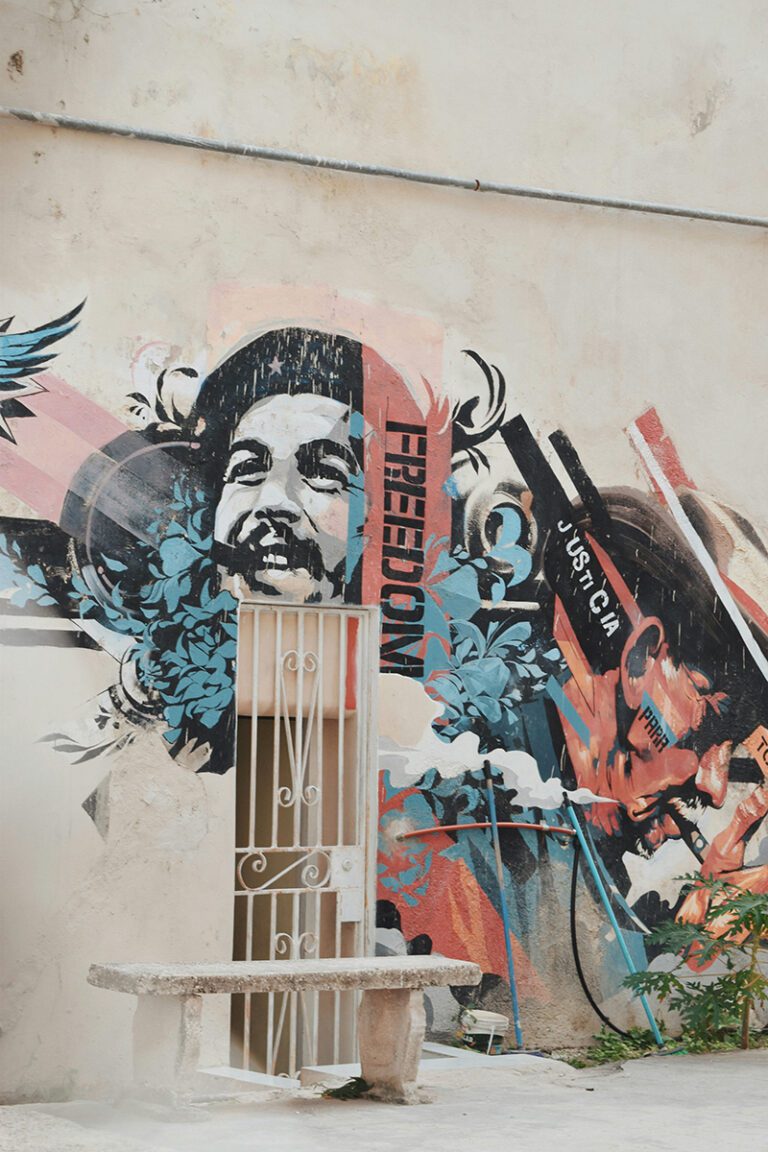Politics is a contentious and divisive topic, but it is so integral to every part of public life that we can’t ignore it. With so many significant elections happening in 2024, we invited our community to think together about this topic and we hope that the resultant magazine helps each of us to think better. You will notice that the articles we have chosen represent a wide range of perspectives that are not all compatible with one another. In this issue more than most, our first responsibility is to navigate difference without division.
Click the titles below to open to the article in your browser, or download the PDF to your reading app and click on the titles in the contents page.
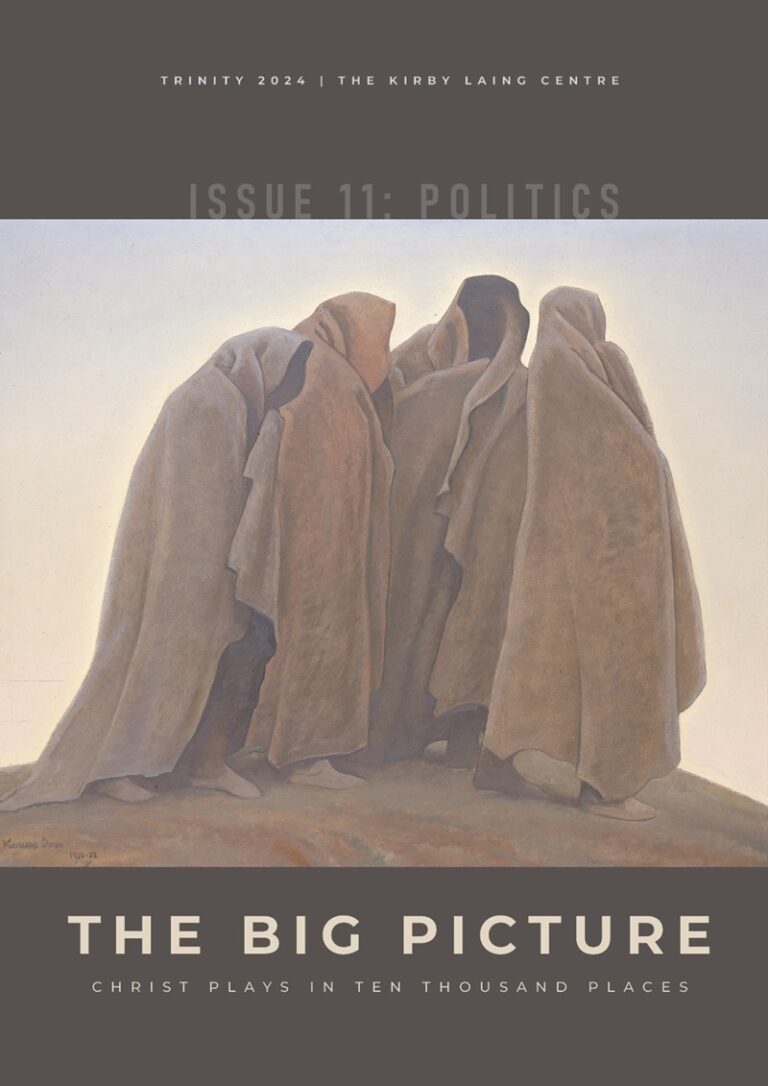
Maynard Dixon, Shapes of Fear (1930-1932).
Our rather ominous cover image shows a cluster of figures robed in skins or rough fabric. One looks in our direction revealing the absence of a tangible form beneath the clothing. This image resonates in multiple ways with the present political moment, not least in the tendency to treat the Other with fear and suspicion. Core to the Christian political calling is to recognise first and foremost the humanity even of our enemies.
Craig G. Bartholomew
Craig gives an editorial overview of an issue dealing with a very controversial topic.
Bruce Riley Ashford
Ashford argues that the West has embraced a secularised humanitarian religion that threatens its foundations. In its place, he reasserts the sobering but hopeful alternative that Christianity offers us.
Ross Hendry
Ross Hendry from CARE outlines the Christian basis for a healthy pluralism and offers us direction to navigate our social differences constructively.
Tom Kendall
In a bumper election year, with several important votes still to come, Tom explains why Christians should participate in such processes and some of the principles that should shape our behaviour and expectations.
Ross Hendry
With the UK election already over, Ross takes us through some of the encouragements and challenges that emerged from the campaign.
Some of the highlights of Issue 11 have been turned into sharable posts. Share your favourite with your network and introduce The Big Picture to a wider community.
PRN MENA
MENA-region Christians from the Peace and Reconciliation Network urge Christians around the world not to turn a blind eye to atrocities in Gaza.
David Andrew
Relationships are essential to human flourishing, but most political discourse is blind to this fact. Paying attention to relationships provides an effective way of allowing Christian insights and concerns to be taken on board by secular policy-makers.
James W. Skillen
Co-founder of the Center for Public Justice James Skillen discusses the widespread tendency to blend Christianity with the false god of a civil-religious nationalism.
Image: Banksy, Girl Frisking Soldier (2007, Bethlehem)
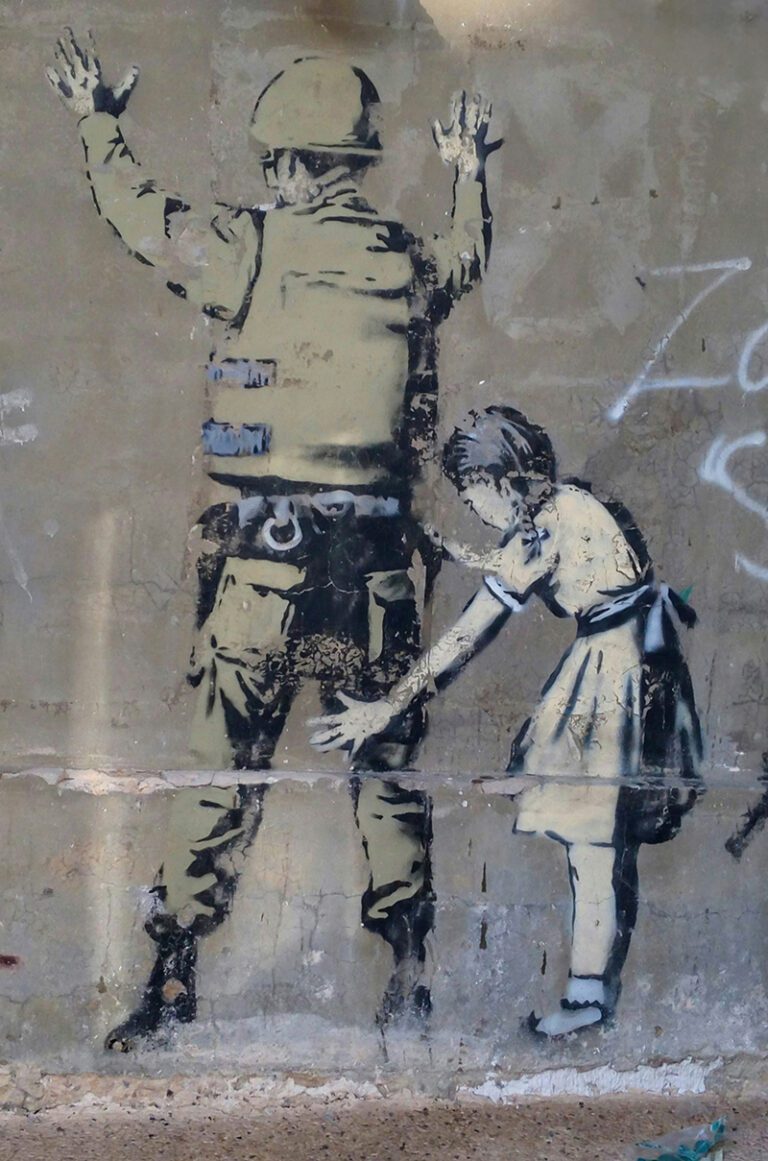
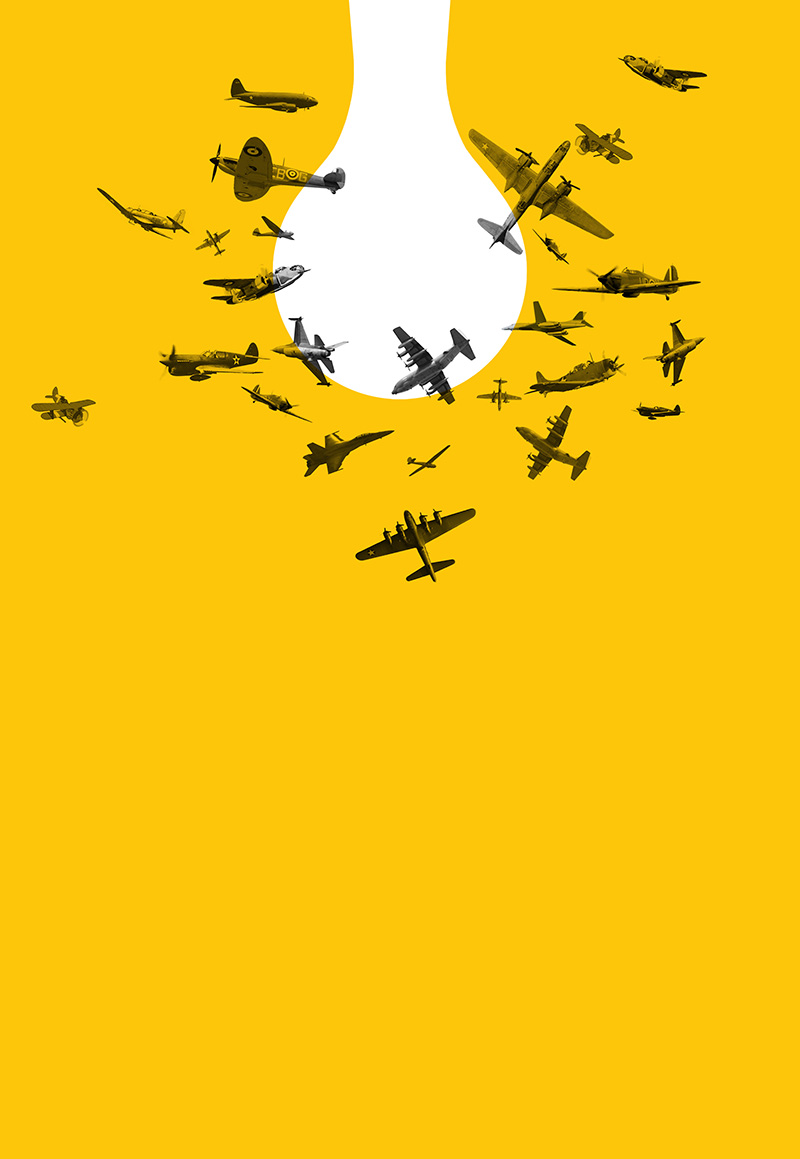
Alan Storkey
Economist and author Alan Storkey explains the political history of the last century as the love of money and encourages Christians to greater loves than this.
Pamela MacKenzie
This article shows the importance of using local languages in education in indigenous and minority communities where children are often forced (and failing) to learn in an unknown language.
The Big Picture
Some keys to preaching Zechariah and a brief review of the must-read commentaries on the book.
Zane A. Richer
The American political system leaves Christians, essentially, with two unsatisfactory alternatives at the ballot box, and it’s necessary for Christians to take the hard steps necessary to organise our public witness and to forge better options.
John Inazu
John Inazu interviews Michael Wear, author of The Spirit of Our Politics: Spiritual Formation and the Renovation of Public Life.
Eric Parker
Eric Parker argues that the heated focus on race and racism in American politics takes attention away from the things that would truly make a difference to the circumstances of America’s poor.
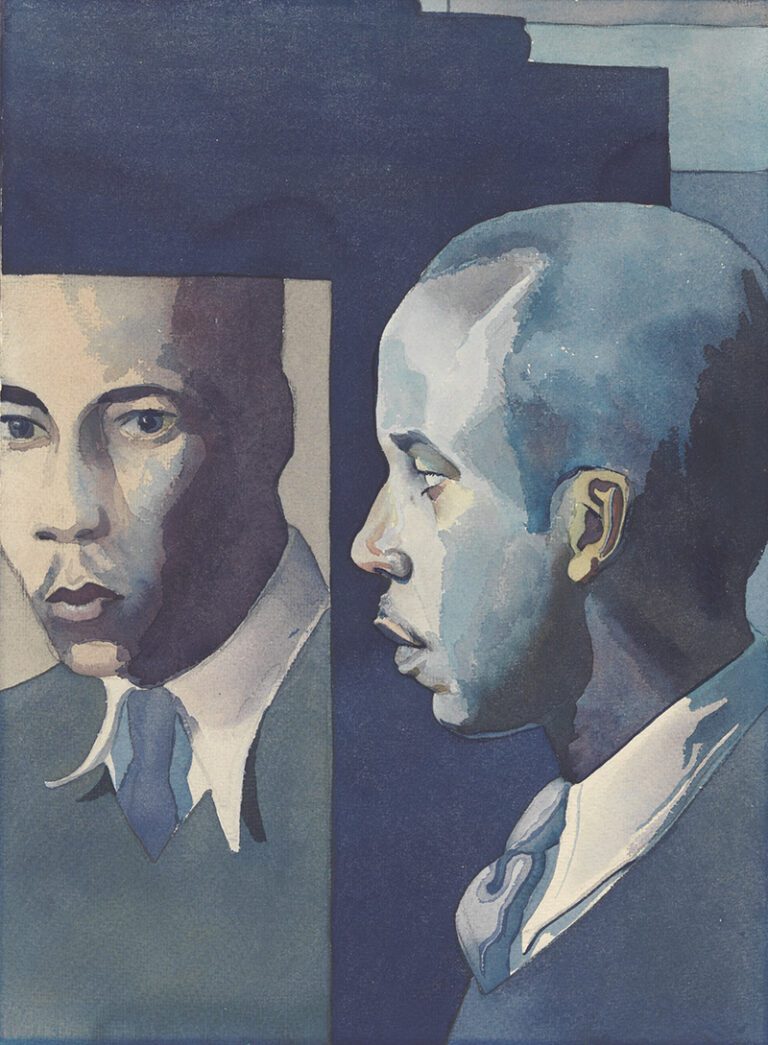
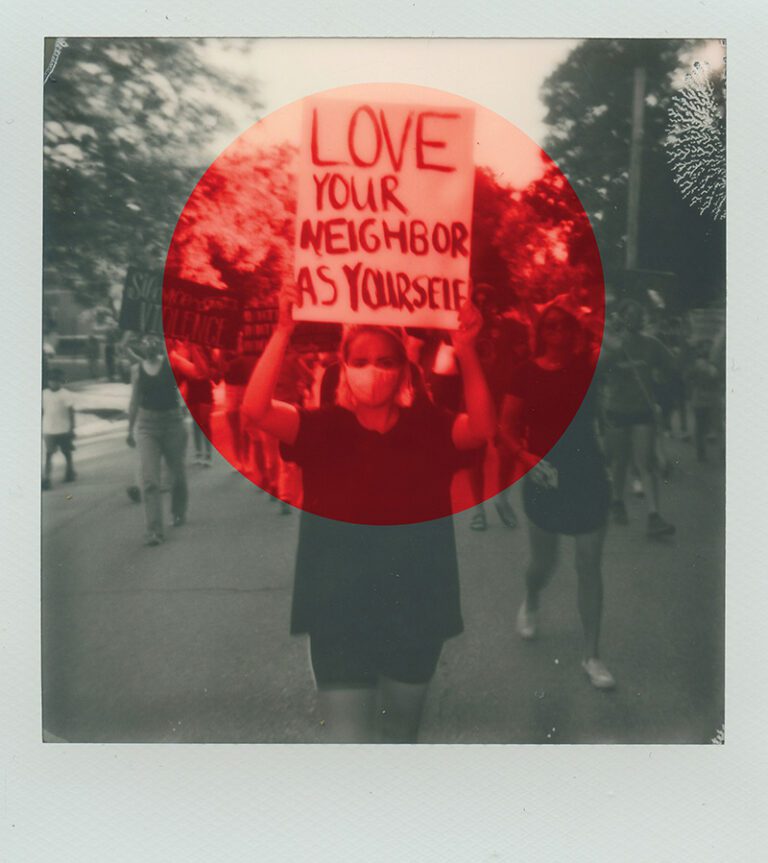
Chris Wright
Chris Wright argues that calling the Post Office Scandal a “miscarriage of justice” doesn’t take it nearly seriously enough.
Michael Shipster
International law aims to protect weaker nations from the self-serving motives of the powerful. Such rules depend on the commitment of governments to honour them, and to do so when other nations break the rules, something that’s proven easier said than done when the rule-breakers are our allies.
Michael Shipster
Michael remembers a significant battle for Kohima fought in the latter part of WWII, one in which his father took part.
Edgar V. Coll and Diana Salgado
Food insecurity and other social problems surrounding diet are solvable with the technologies we have, and applying these solutions to the problems is usually done through policymaking. However, policy is often driven by something other than the good of the people.
David Parish
Our recent TBP issues on the topic of craft resonated with one reader who has found fresh meaning in craft-making since his retirement.
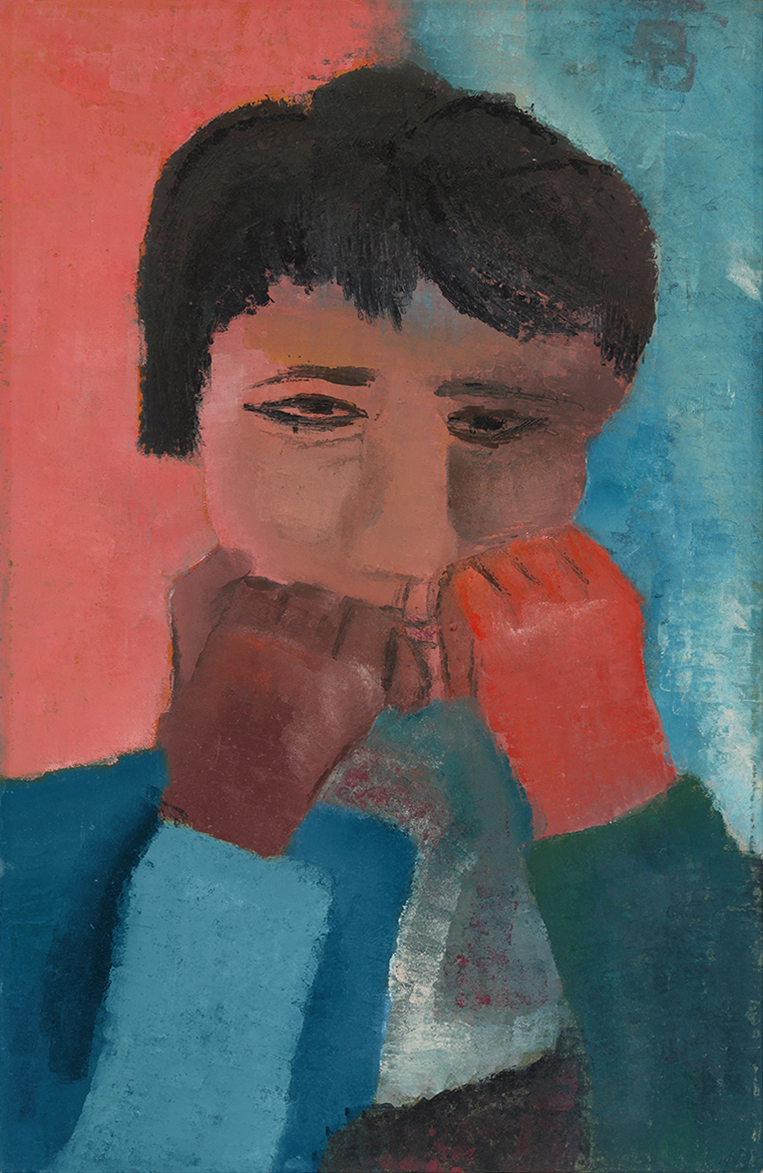
Marcus Grohmann
We are often unaware of how connected our ideas and theologies are to our birth, circumstances, and language. The cure of our social divisions may be as simple as having a conversation.
Shelley Campbell
Campbell takes us through her process as she grappled with grief, art-making and the book of Ruth.
Otto Bam
We look back at our annual conference, a highlight of 2024.
Craig G. Bartholomew
The SPCA celebrates its 200th anniversary this year with little fanfare and even less recognition of its founding within the UK evangelical justice movement that also campaigned for the end of slavery.
Jordan Pickering
Kazuo Ishiguro’s masterful fiction confronts us with the problems of remembering and forgetting.
George Hobson
George Hobson tells us a little about his vision for poetry, and shares one of his poems.
